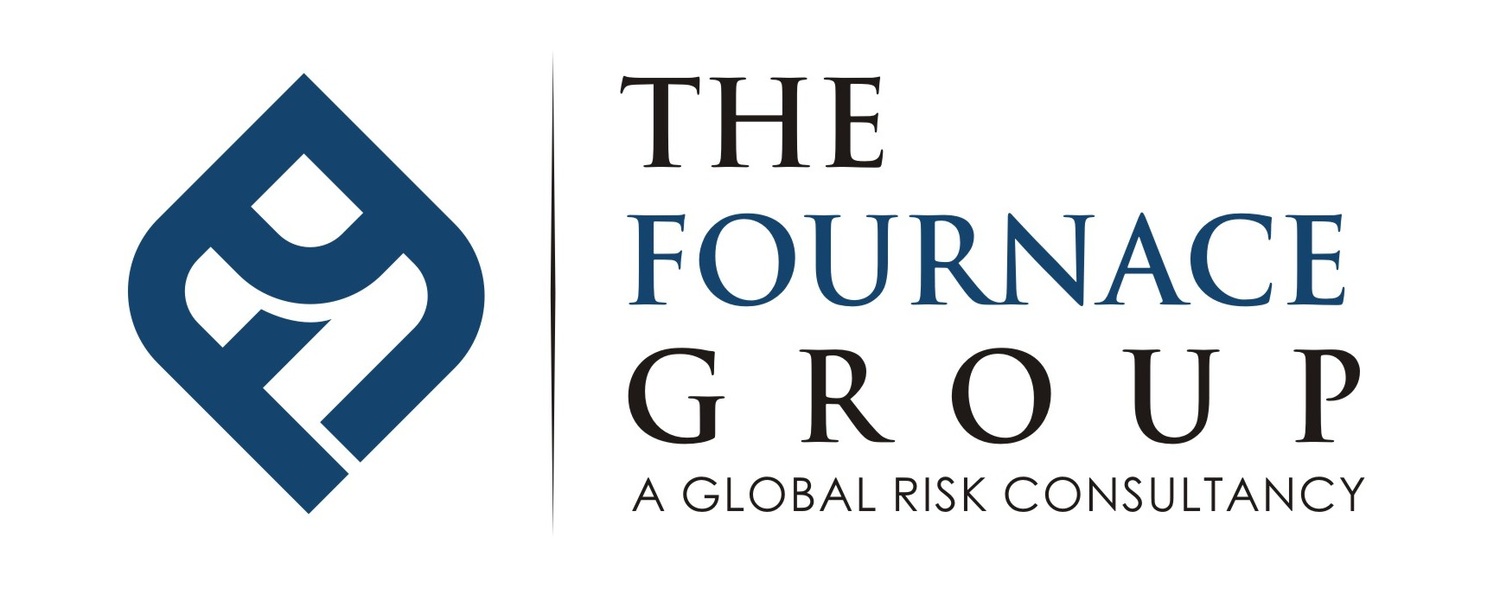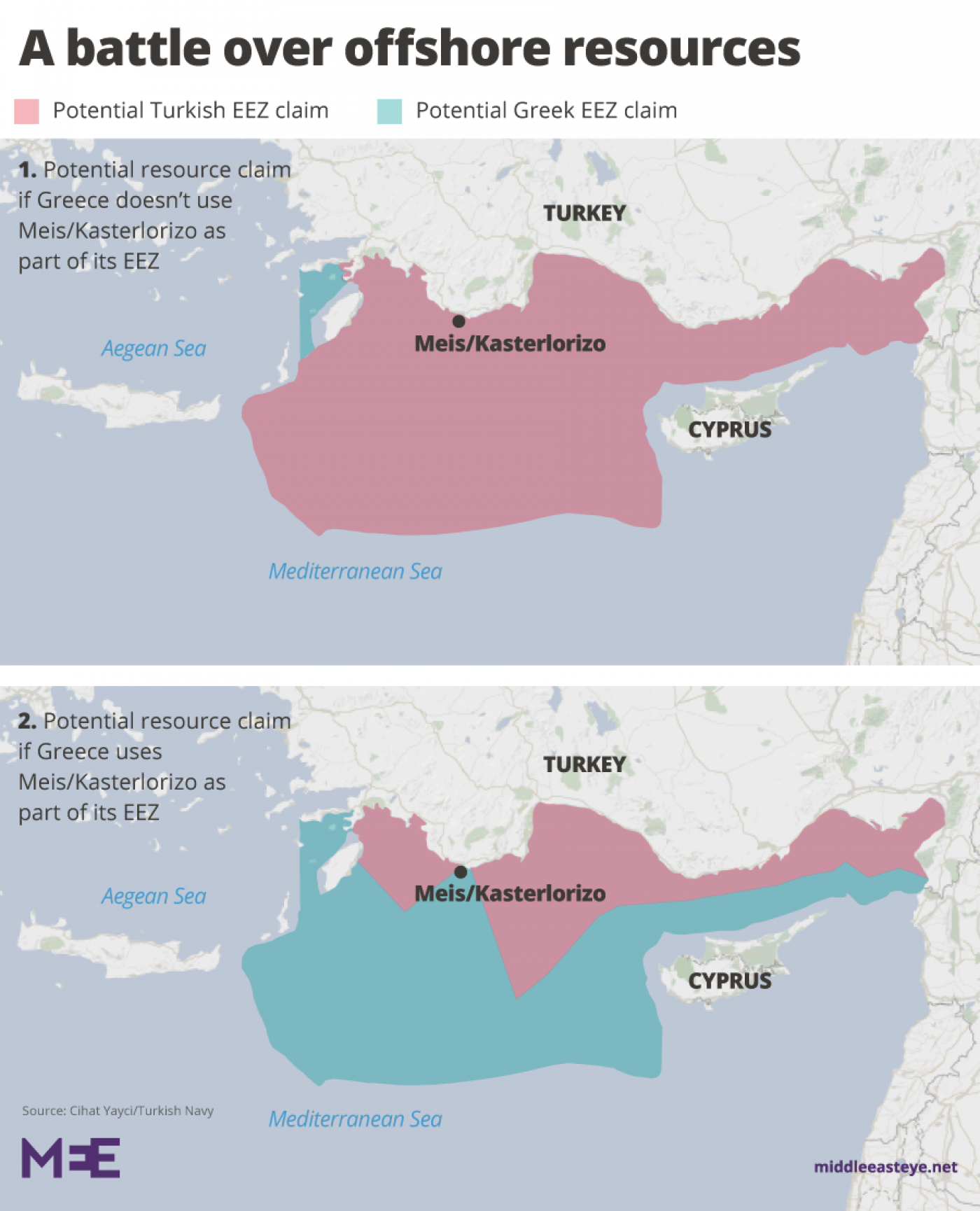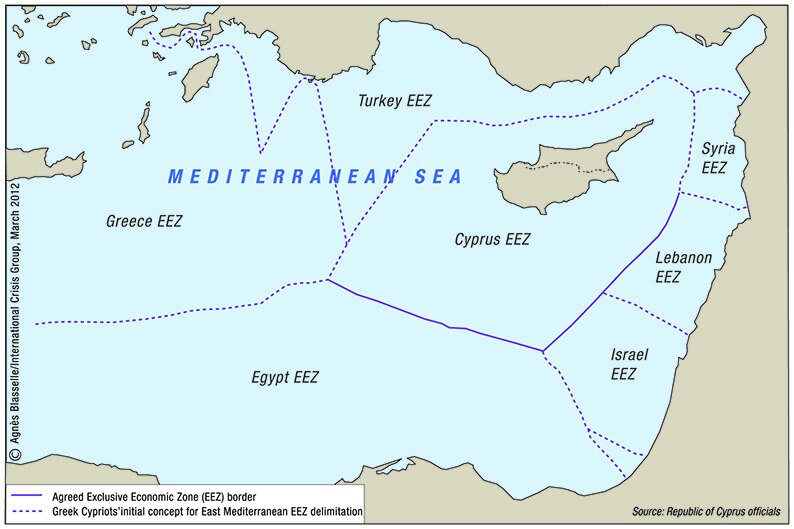New Japanese PM Suga: What’s new? What’s the same?
/Key Q’s
Caretaker PM or LT answer?
If LT, who will watch his back internally the way he did for Abe?
Personality to establish mutual trust in foreign relations?
Perhaps former Japanese Prime Minister Shinzo Abe’s greatest success was relative stability. Since the Japanese economy’s downturn in the early 90s, only Abe and former PM Koizumi governed for any extended period of time. Instead, raucous domestic politics, limited by a weak economy, led to quick succession of PM’s -- all of whom failed to turn the economy.
Abe, on the other hand, managed to set a record as the longest serving PM (table below).
While Japan’s 250% (and rising) debt to GDP ratio may not prove sustainable, #Abenomics guiding hand provided stability for the country to direct attention to critical external issues: namely China.
Given the abrupt transition to new PM Suga last month, what do we know about him and what can we expect? Our fear at TFG is that too many have grown accustomed to recent Japanese political stability and have forgotten that there were 16 Japanese prime ministers in the 31 years from PM Uno in 1989.
Keep in mind -- in 1989, the world thought the Japanese economy was going to conquer the world, and besides Tiananmen Square, very few had China on their global dominance radar.
Japan’s Key Geopolitical & Economic Points
Post WWI Constitution expressly limits offensive military capabilities (self-defense only)
This periodically comes up for re-examination
Exceptionally close US ally w/US naval bases in Japan and Marines on Okinawa
Japan’s historically aggressive behavior in Asia is forgotten by no one
South Korea - key frenemy
China - key enemy - disputes such as Senkaku Islands, though Japan business has invested enormously in Chinese manufacturing
SE Asia - predominantly quiet, check-book diplomacy, including infrastructure and manufacturing
Russia - Sakhalin & Kuril Islands dispute
North Korean missiles are targeted on Tokyo
Emerging - Quad along w/Australia, India and US
Japanese PM Suga
PM Suga - What do we know?
Yoshihide Suga, a career politician born in 1948, was a close ally of Abe, and prior to becoming PM, was Chief Cabinet Secretary since 2012. Chief Cabinet secretary is an important role in Japanese politics as they speak to the press twice daily and effectively act as a COO for the government coordinating policy across ministries.
Ironically enough, personality wise Suga is described as less strongly present with the press and known for avoiding questions. Others label him a control freak.
While his personality was exceptionally effective managing internal domestic politics, we wonder how helpful it will be when trying to build rapport internationally with key partners such as the US, India and Australia? By contrast, Abe (and Koizumi before him) displayed a level of charm in foreign relations which helped pave the way for greater cooperation.
In a similar vein, some refer to Suga as “kozaru” or little monkey, in reference to Toyotomi Hideoyoshi, one of Japan’s most powerful rulers. Perhaps most importantly, Suga is known for working diligently to cover up for Abe when needed, which raises the following question in our mind:
Who will play this role for him now that he’s been promoted?
The son of strawberry farmers in rural Akita prefecture, Suga worked at a cardboard factory to pay for his tuition at Hosei University’s night school, graduating with a Bachelor of Laws in 1973. Suga’s roots have held deep meaning in his political rise: both being portrayed as coming from outside the established political elite and using this to his advantage.
He is also an author, having written The Resolution of a Politician (2012) and contributed to several Japanese magazines.
Perhaps most importantly, Suga takes input from a wide variety of sources and is willing to innovate, a trait less common in typically conformist Japanese culture. For example, Suga introduced soapbox speeches in Japan when running for office by greeting morning commuters and handing out questionnaires listing policy topics for constituents to prioritize.
Primary controversy stems from rumored connections with organized crime (Yakuza), a long-time thorn of association for the LDP.
Will Suga reign longer than a caretaker government?
This is the key question from our perspective.
While the LDP is in control of both houses, the government does not need to call elections until Oct 2021. This raises the questions as to whether Suga’ premiership is designed for stability or the long term. Will the LDP use the coming months to align around a possible successor? Or will Suga find a way to maintain a hold on power. Given his patron, Abe, has now retired, and Suga has never outwardly maintained an independent power base, it’s an open question in our mind.
Given the globe’s pivot toward the Indo-Pacific, Japanese leadership remains critical for the balance of power in the region.















